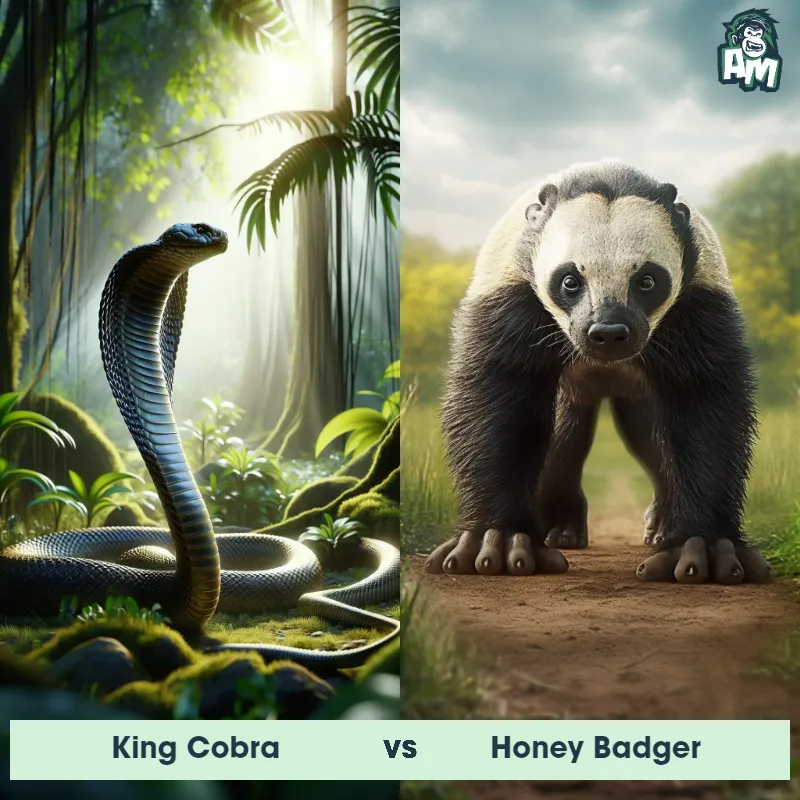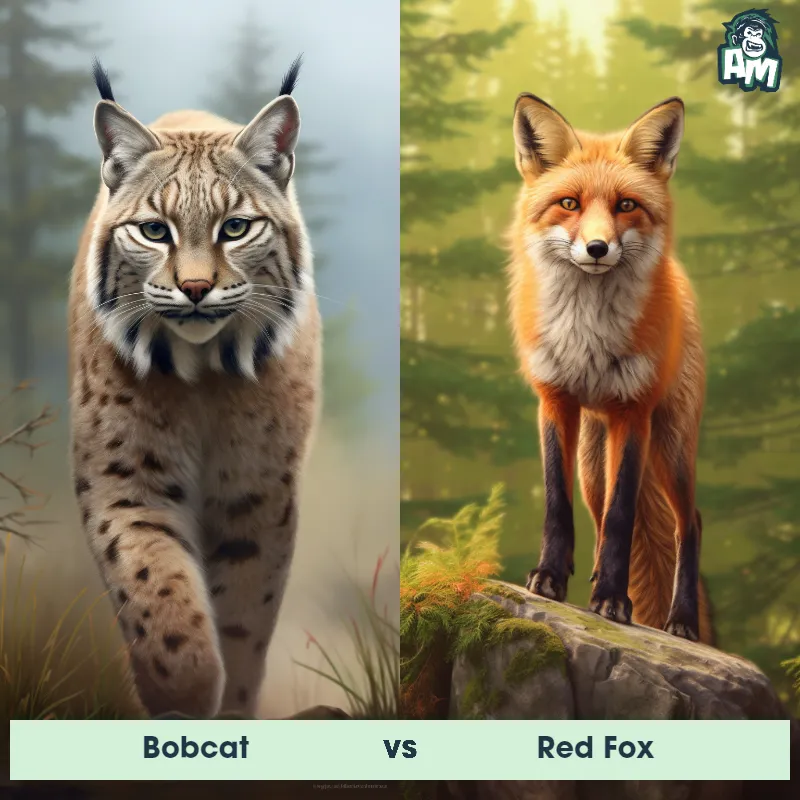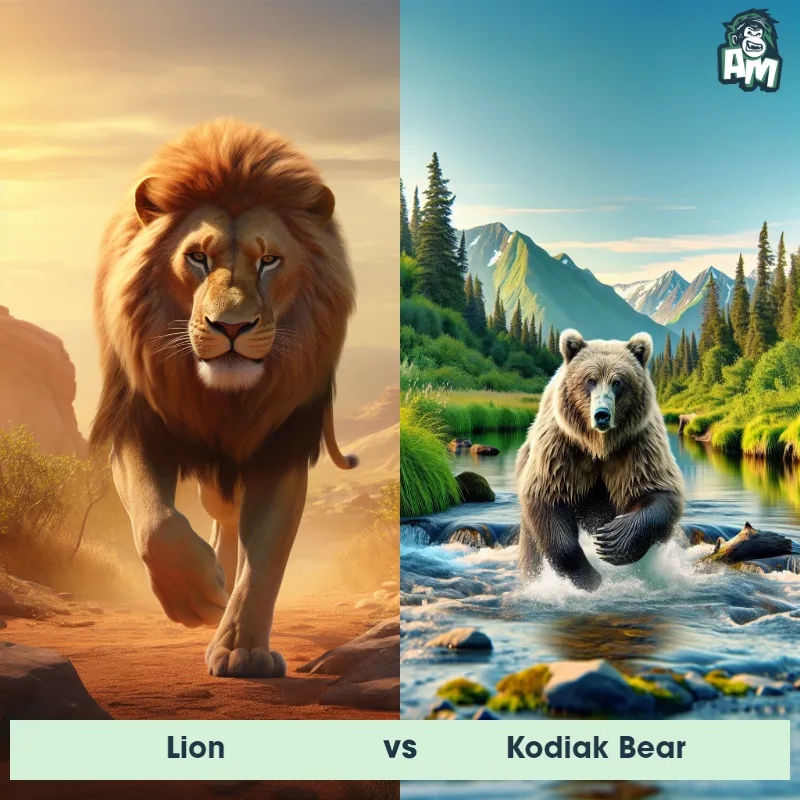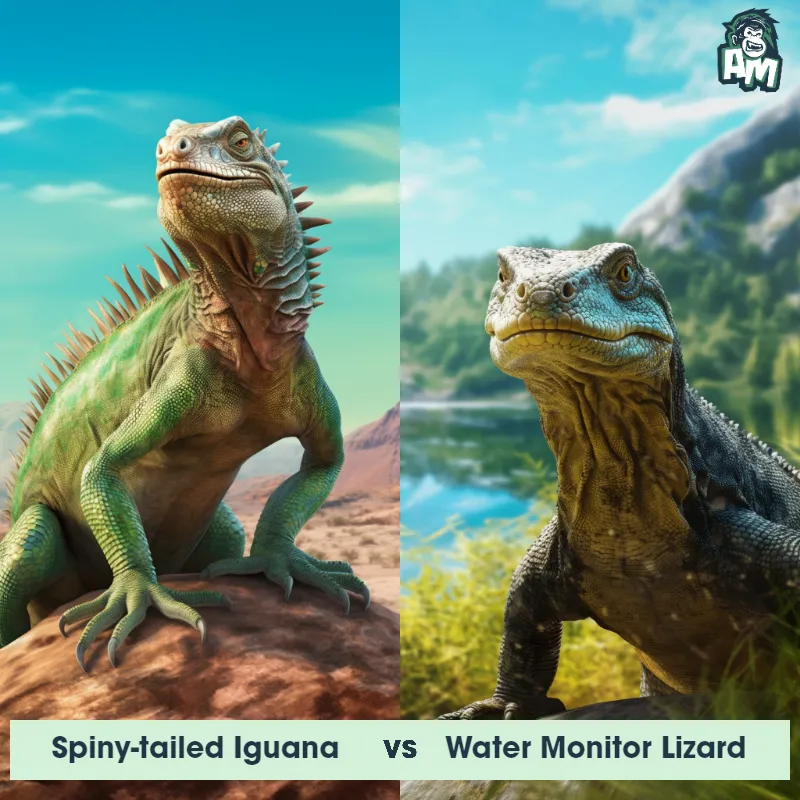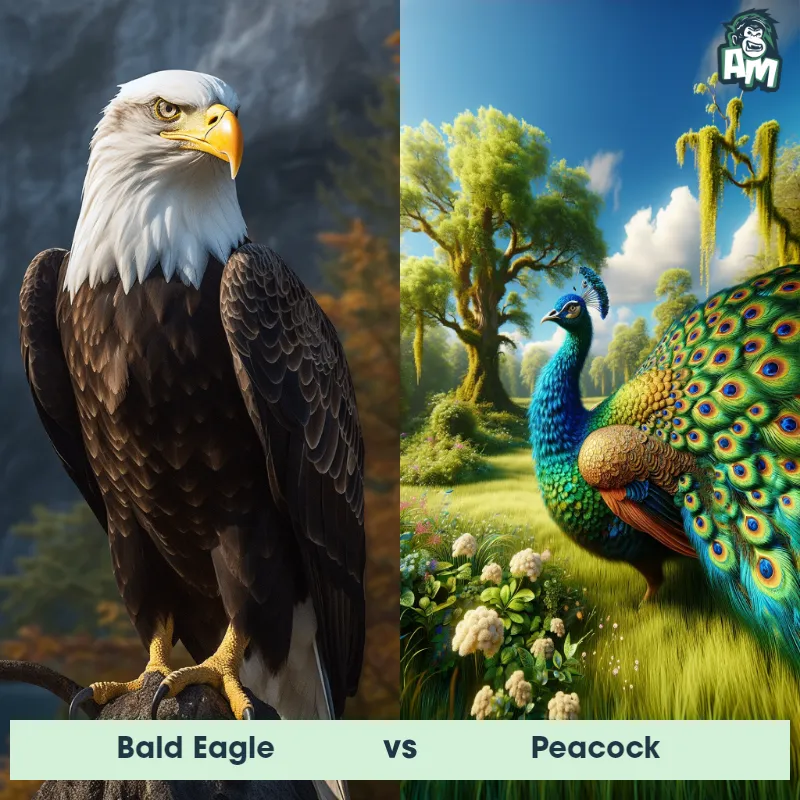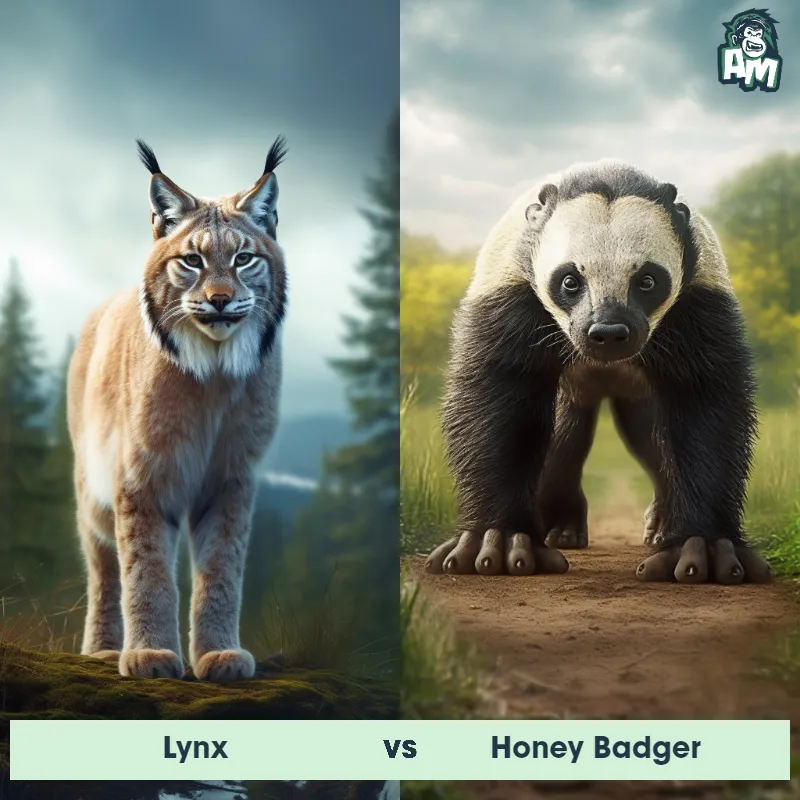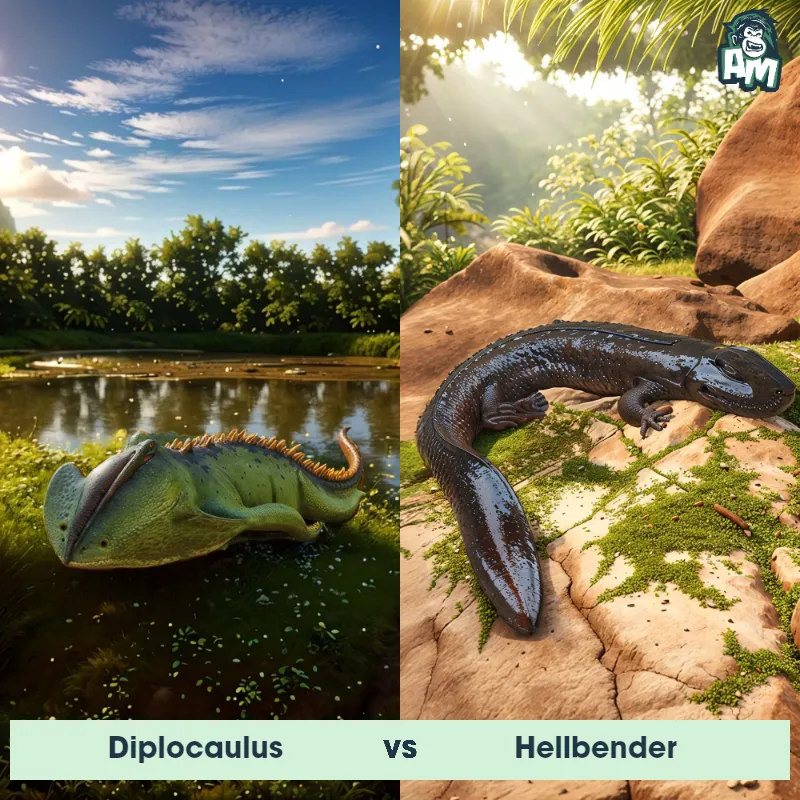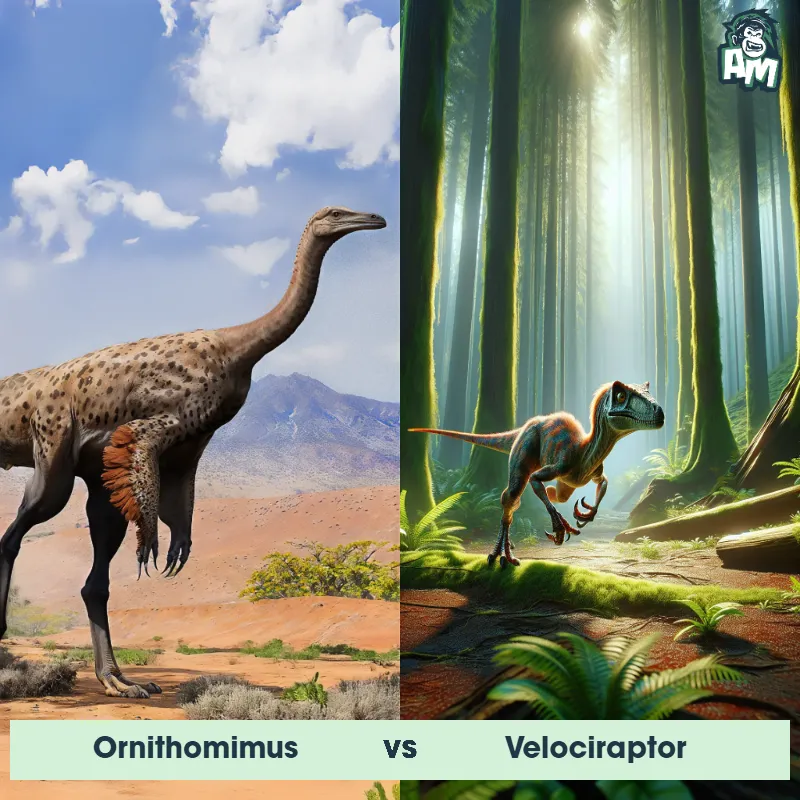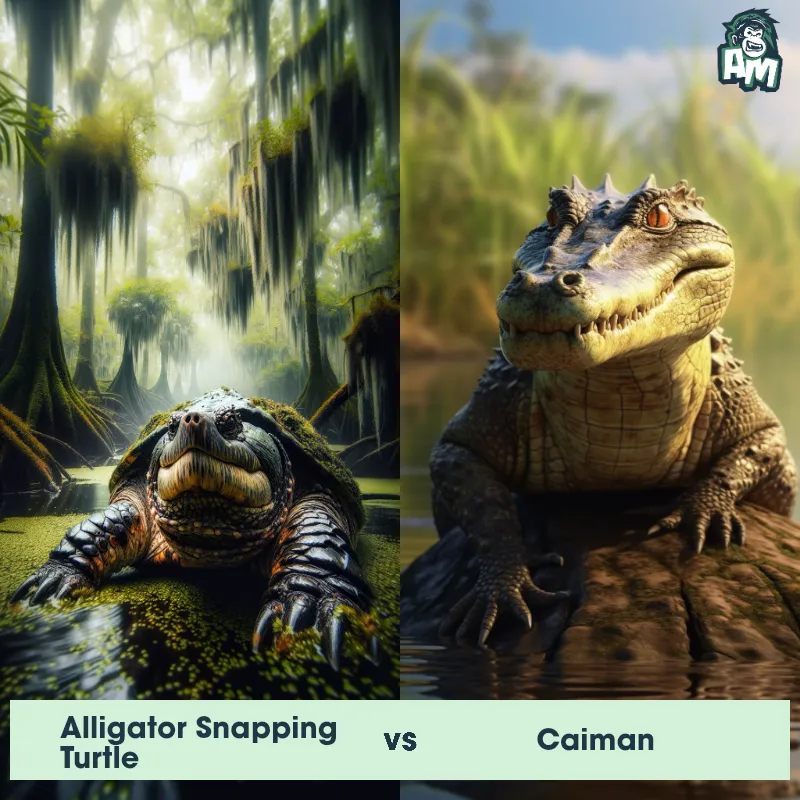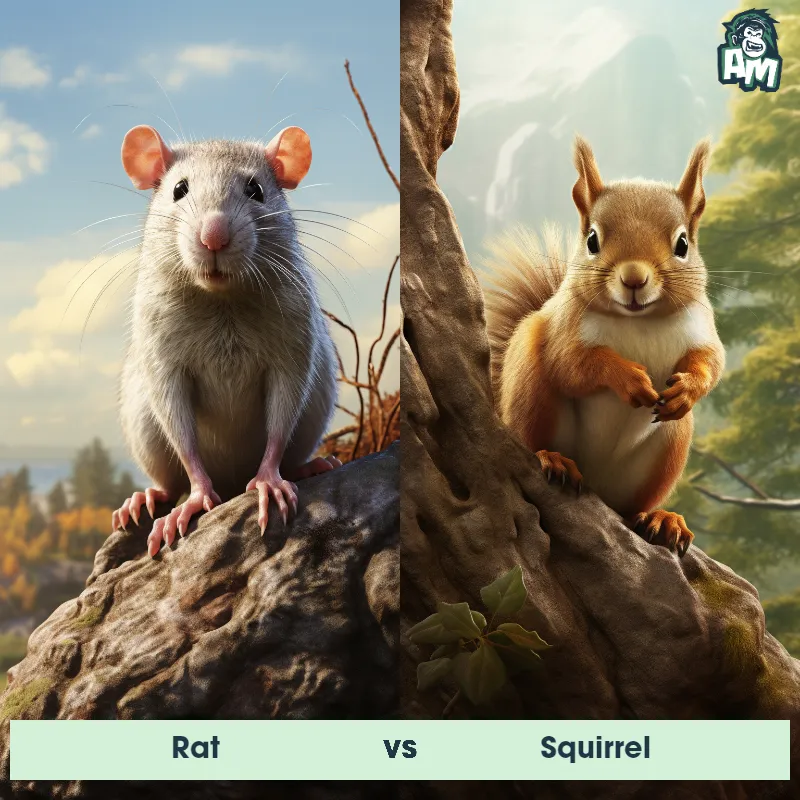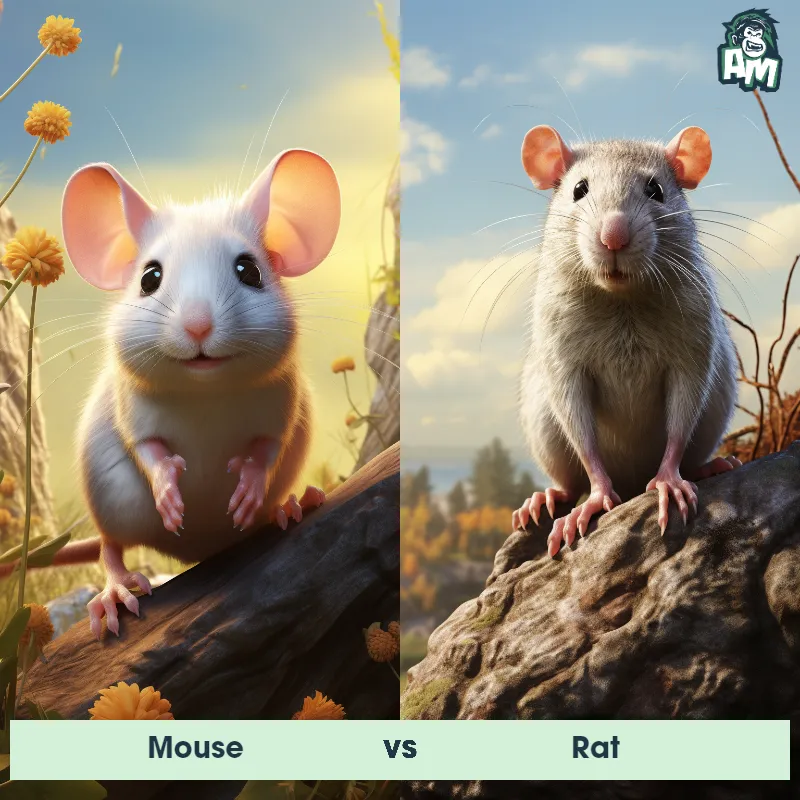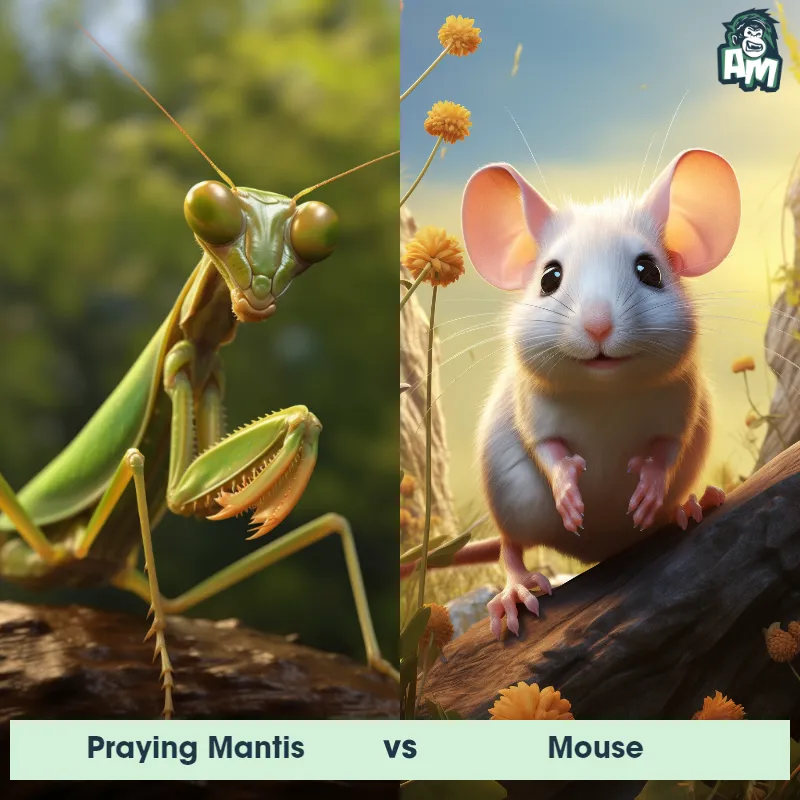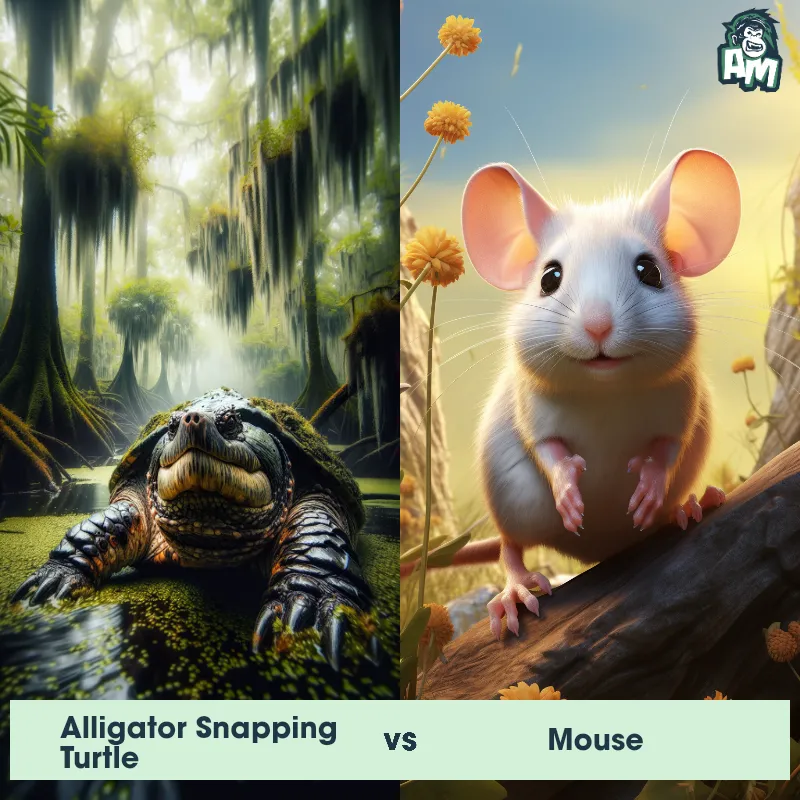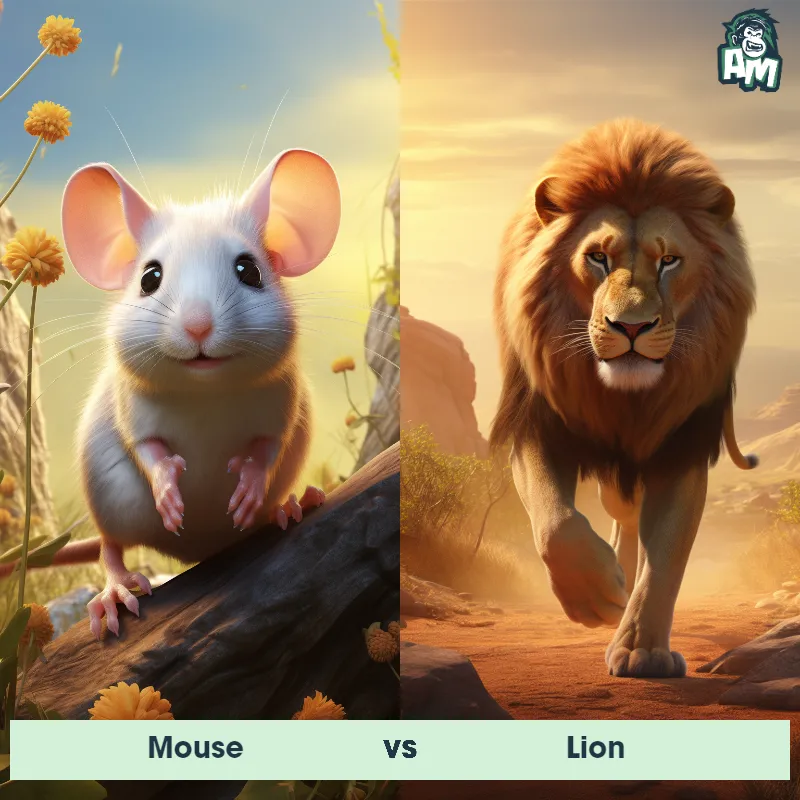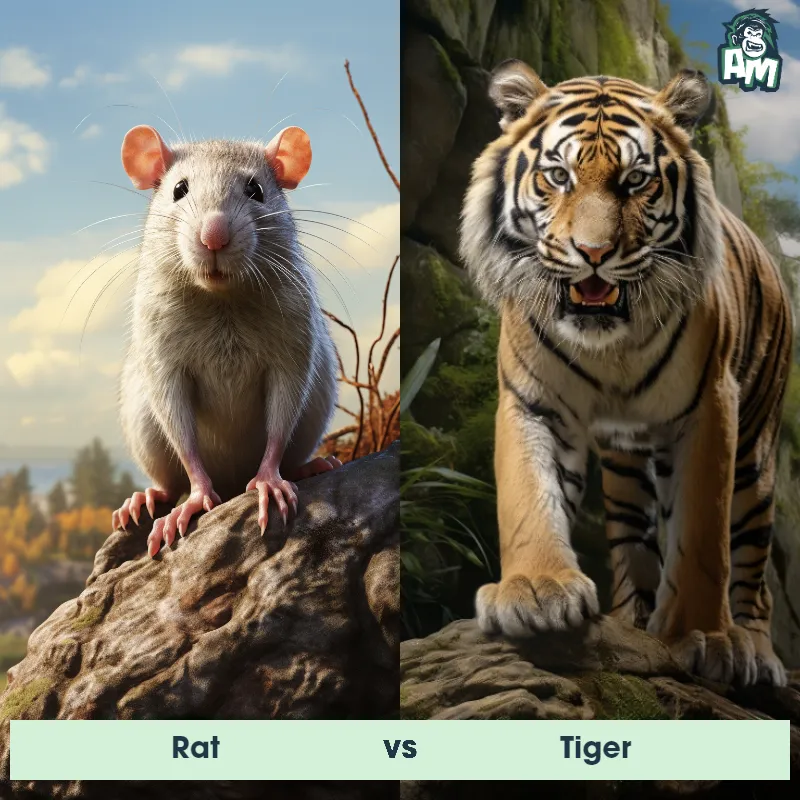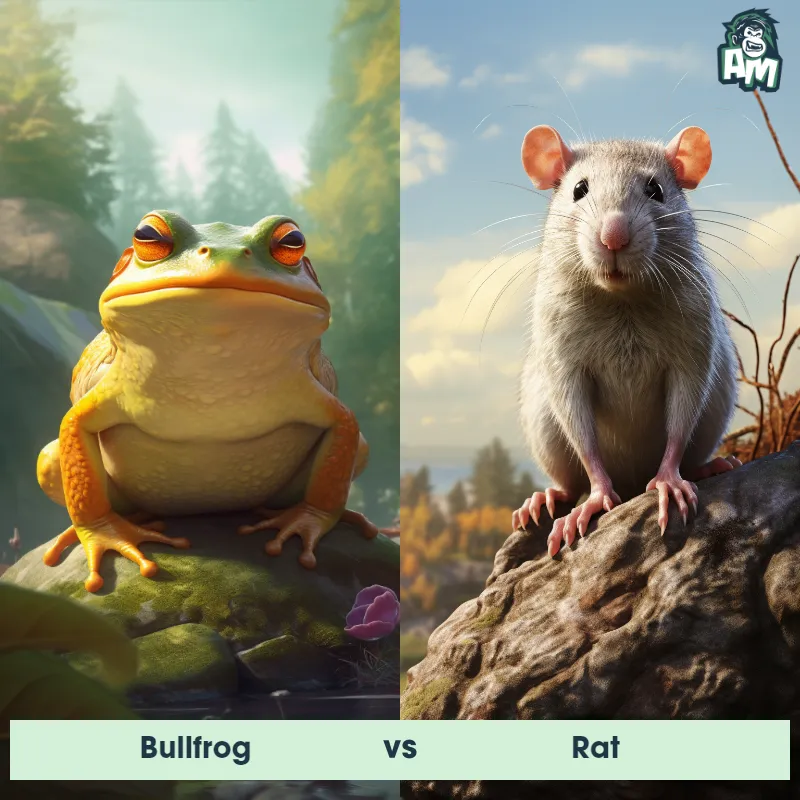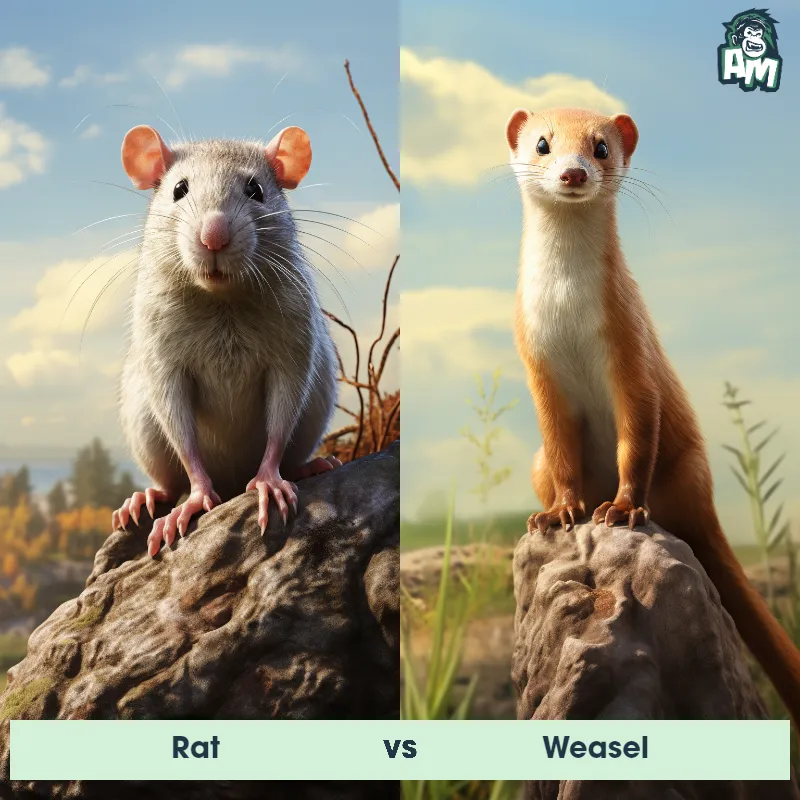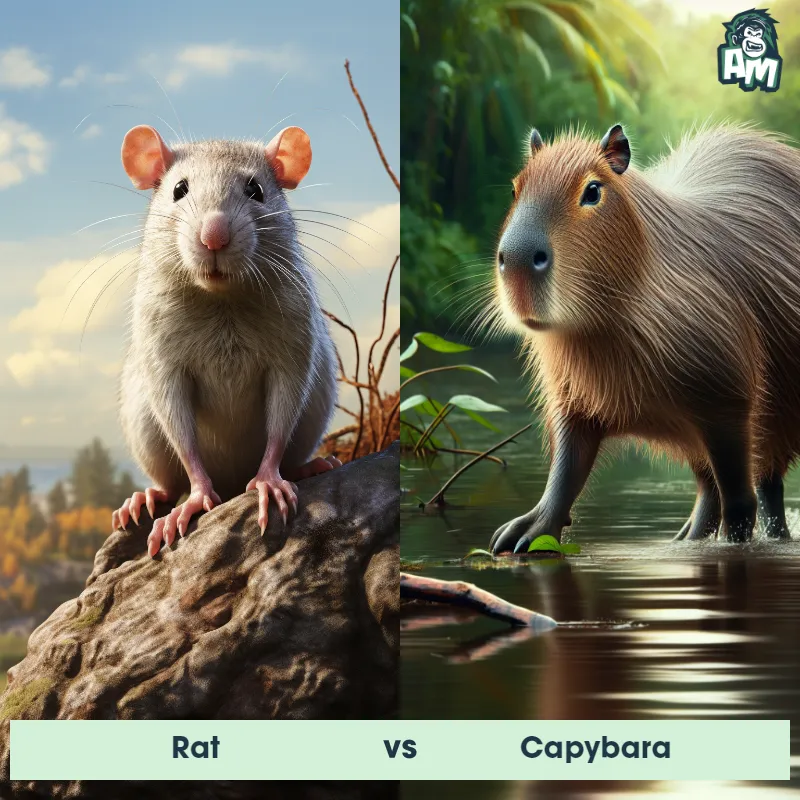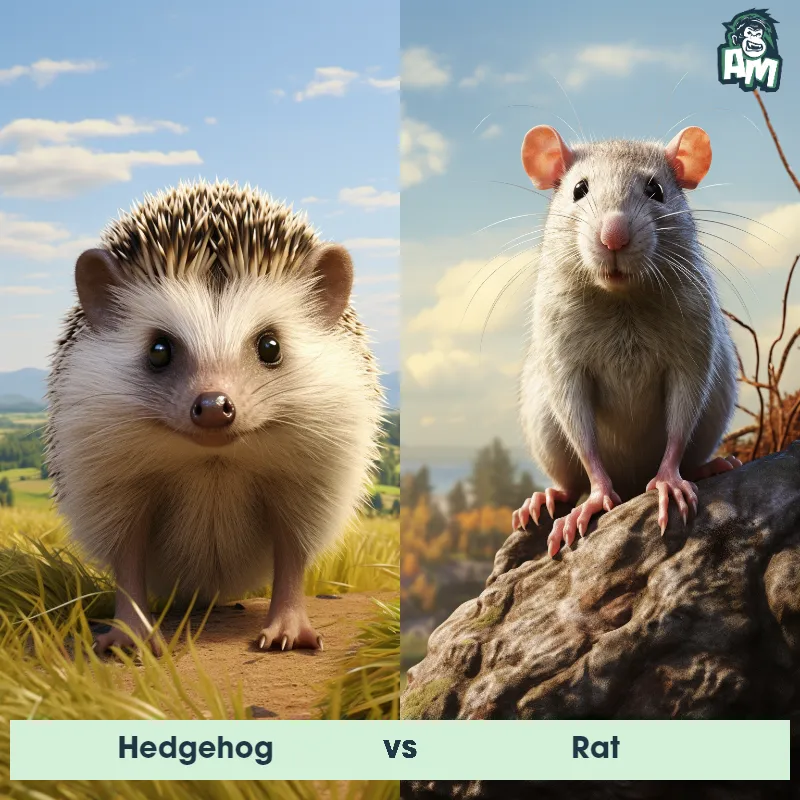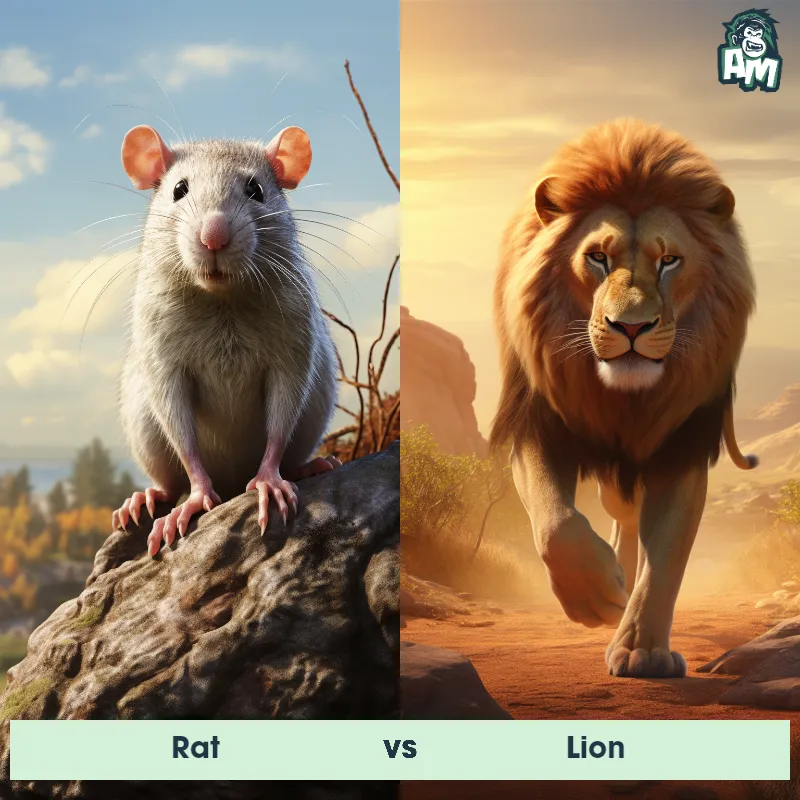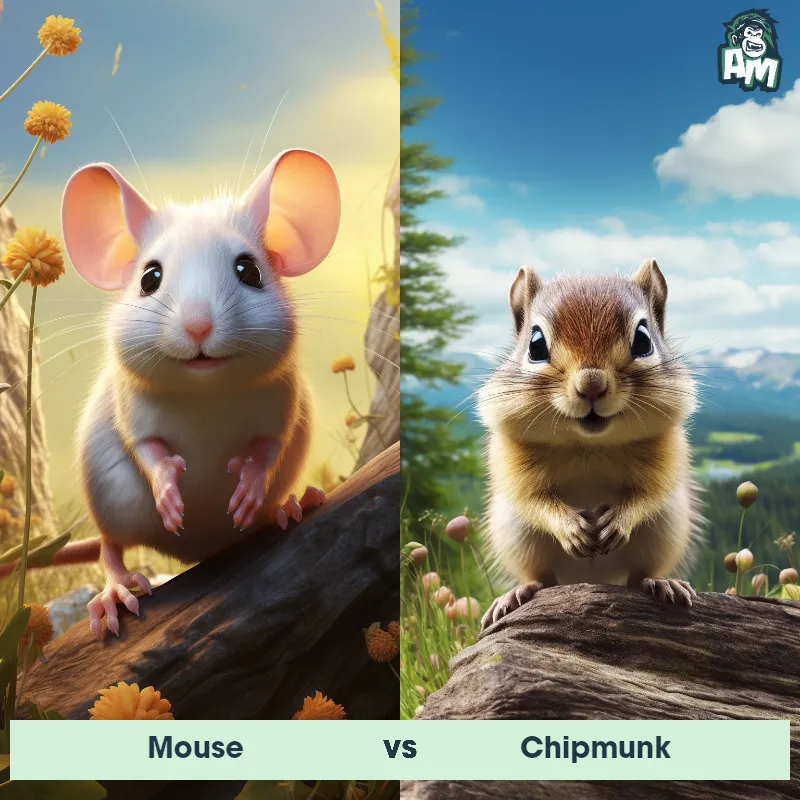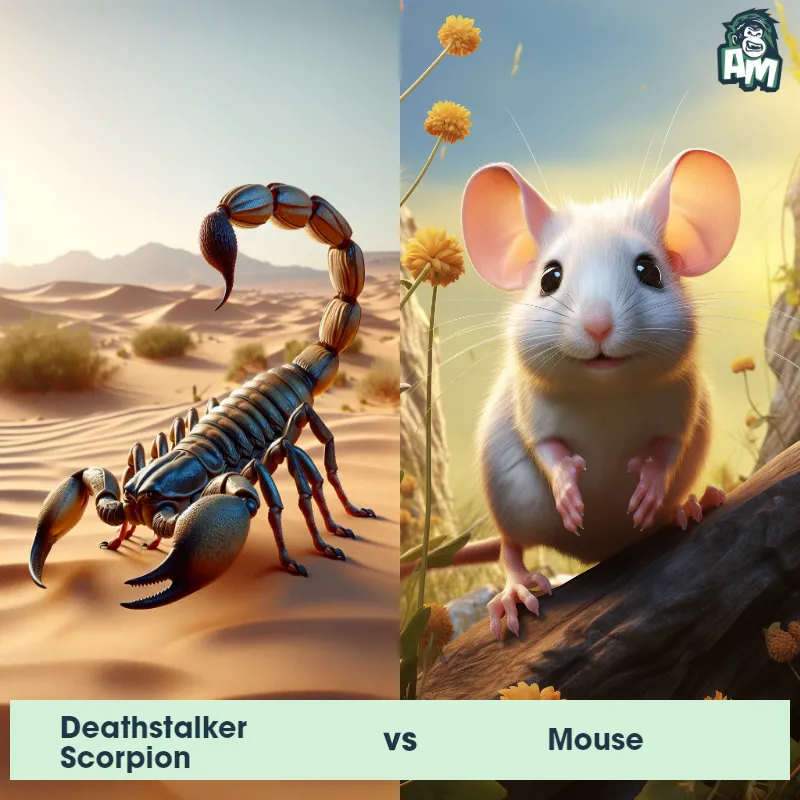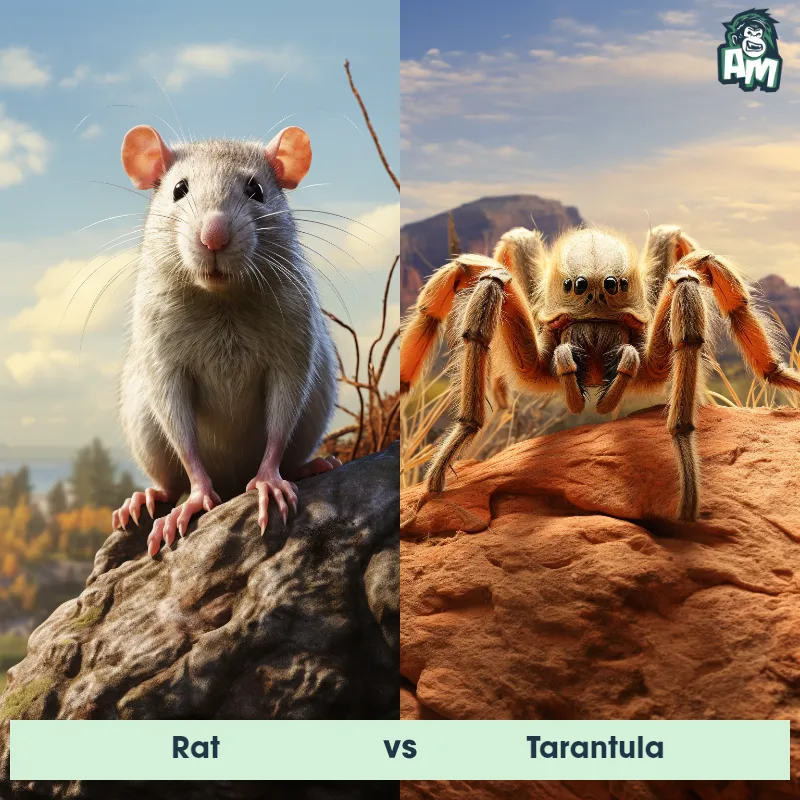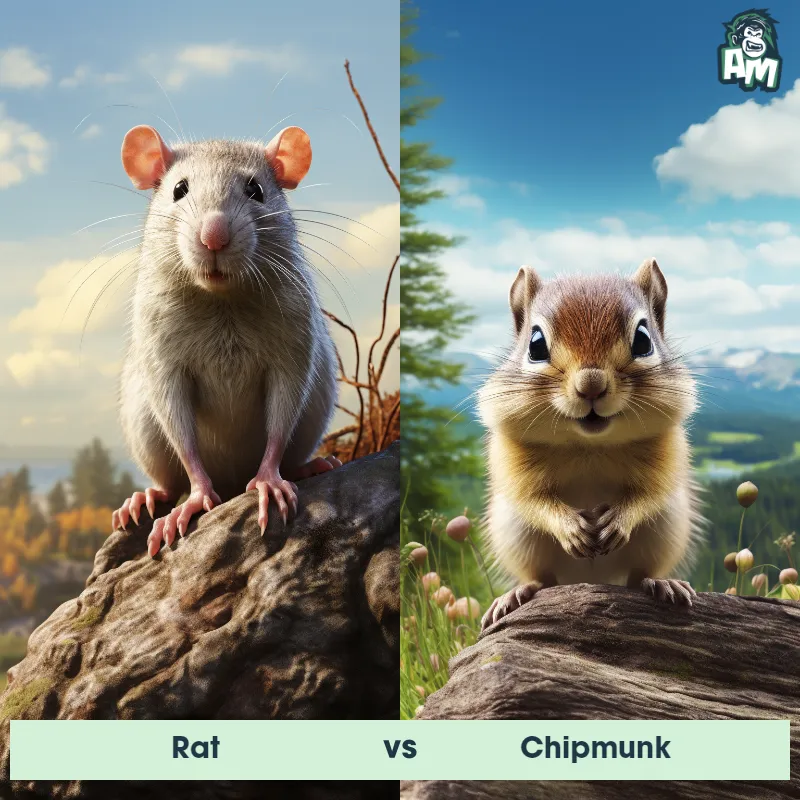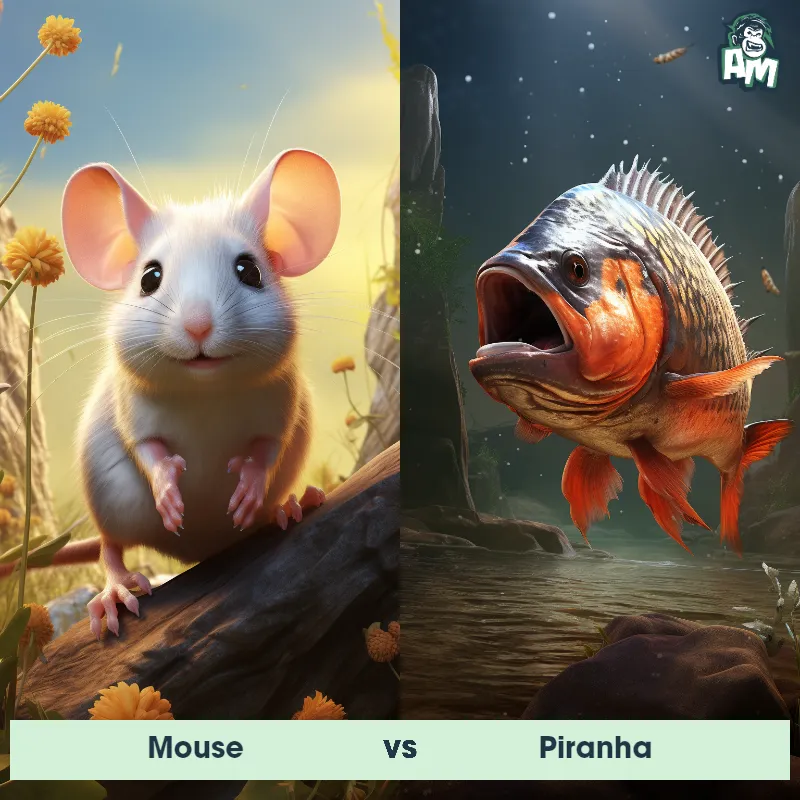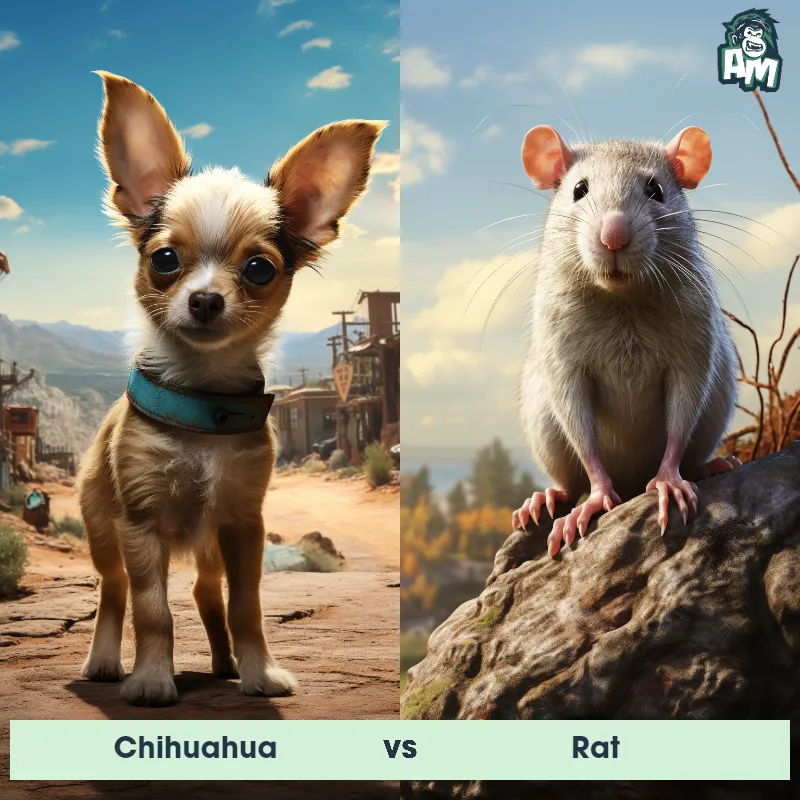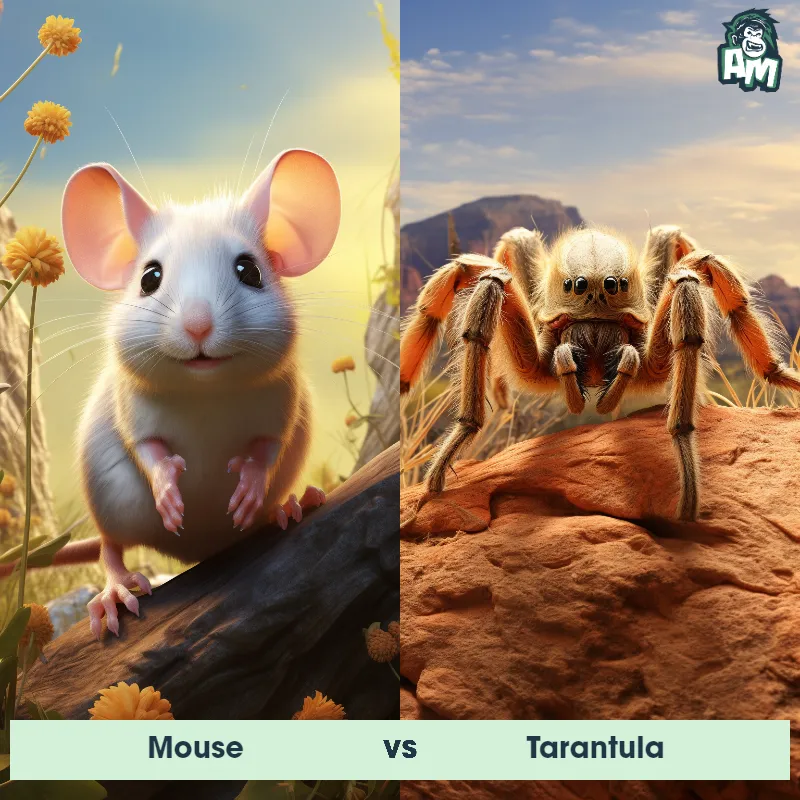Alligator Snapping Turtle vs RatSee Who Wins

Ladies and gentlemen, welcome to this exciting matchup between an Alligator Snapping Turtle and a Rat! We have a battle of strength and agility unfolding before us tonight. Both competitors seem primed and ready to go. Let's see who will come out on top in this ferocious three-round showdown!
Contender 1: Alligator Snapping Turtle
The Alligator Snapping Turtle is a large freshwater turtle that can weigh up to 200 pounds and grow up to 2.5 feet in length. They have a rough, dark brown shell with ridges and spikes, and a large head with a hooked beak-like mouth. They are known for their powerful jaws and can snap them shut with incredible force, making them one of the most dangerous turtles in the world. They are found in rivers, lakes, and swamps in the southeastern United States.
Fun Fact: The Alligator Snapping Turtle is a master of camouflage and can blend in perfectly with its surroundings, making it difficult to spot in the wild.
Contender 2: Rat
The Rat is a medium-sized, long-tailed rodent, renowned for its adaptability to various environments. Common species include the larger brown rat (also known as the Norway rat) and the smaller black rat. Rats typically range from 9 to 11 inches in body length, with a tail length that's about the same. They have robust bodies, pointed snouts, and small, hairless ears. Rats are omnivores, with a diet that can include grains, fruits, vegetables, meat, and eggs, and they have a strong instinct to gnaw, which keeps their constantly growing teeth in check.
Fun Fact: Rats have excellent memories, and once they learn a navigational route, they won't forget it.
Matchup Stats
| Alligator Snapping Turtle | Rat | |
|---|---|---|
| Size | Up to 2.5 feet (0.76 meters) | 9 to 11 inches (22.86 to 27.94 cm) |
| Weight | Up to 200 pounds (91 kilograms) | 0.77 to 1.1 lbs (350 to 500 grams) |
| Speed | Speed: 0.5 mph (0.8 km/hr) | 7mph (11km/h) |
| Key Strength | Powerful jaws and sharp beak | Strong instinct to gnaw |
| Biggest Weakness | Slow movement on land | Small size and lack of defensive mechanisms |
Current Votes
Alligator Snapping Turtle vs Rat
See Who Wins
View More Matches
Looking For More?
Similar Matches
Scientific Stats
| Alligator Snapping Turtle | Rat | |
|---|---|---|
| Scientific Name | Macrochelys temminckii | Rattus |
| Family | Chelydridae | Muridae |
| Habitat | Freshwater | Various environments, including urban areas, forests, and fields |
| Geography | Southeastern United States | Worldwide, except for Arctic and Antarctic regions |
| Diet | Fish, amphibians, and other aquatic animals | Omnivorous (grains, fruits, vegetables, meat, eggs) |
| Lifespan | 20 years - 70 years | 1 year - 4 years |
Key Differences between Alligator Snapping Turtle and Rat
- Facial features: Alligator Snapping Turtles have a unique, intimidating appearance with a large, hook-shaped beak, powerful jaws, and prominent scutes on their head, contrasting with Rats that have smaller, rounded faces with relatively softer features.
- Tail shape: The Alligator Snapping Turtle possesses a long, thick tail that tapers towards the end, making up a significant portion of its total length, whereas Rats have a slender, hairless tail that is usually shorter than their body length.
- Size: The Alligator Snapping Turtle is significantly larger than a Rat, with adults reaching lengths up to 26 inches and weighing up to 175 pounds, while Rats are generally much smaller, averaging around 9-11 inches in length and weighing only a few ounces.
- Shell texture: The Alligator Snapping Turtle's shell is rough and textured, resembling the rough bark of a tree, providing camouflage and protection, whereas Rats have a smooth, sleek coat of fur.
- Coloration: Alligator Snapping Turtles have a dark brown to blackish coloration, often with a rough, rugged appearance, while Rats exhibit a variety of colors including white, gray, brown, black, and even reddish hues.
- Shape: Alligator Snapping Turtles have a heavy, muscular build with a large, prominent head and a spiky shell, whereas Rats have a slender body with a small head and a leaner, more elongated shape overall.



